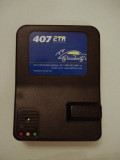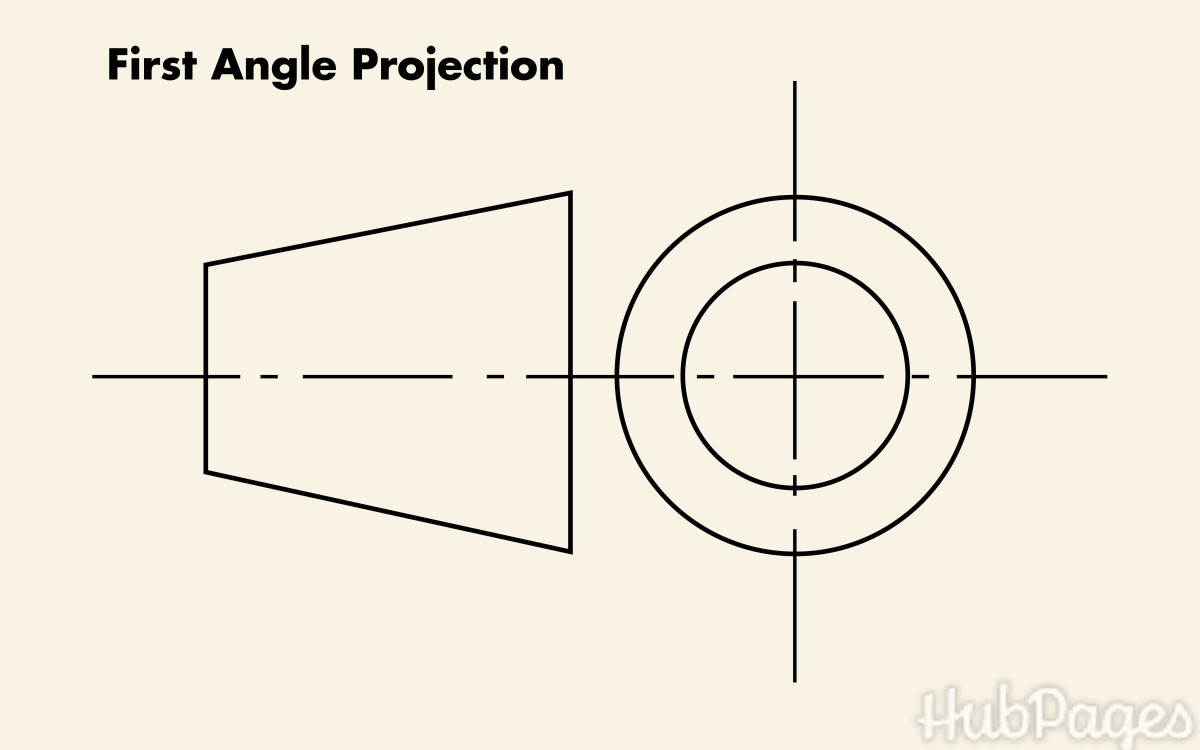RFID Broadcasts Your Identity
2006 was the first year for the e-passports
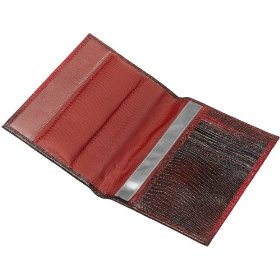
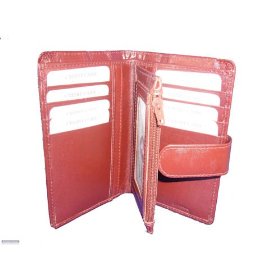
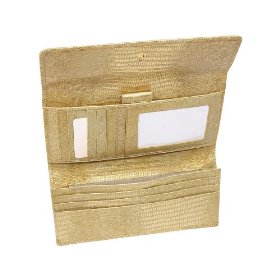
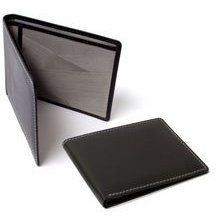
Security and protection can invade privacy rights in ways that are little known or expected. Cameras on light posts, scanners in every government building, long lines at the airport before entering the gates and now having the need to hide Passports in an RFID blocker wallet.
As with most technology, the upsides are exciting and useful while the downsides are most annoying. Unfortunately the truth is an allusive thing and when technology enthusiasts tell us only the side of the story they think we want to hear – it is up to us to find all of the opposing information that can be found.
RFID tags are not a scary thing on their own. Inventory control can save time and money – the best way to keep a business successful. Tracking a lost pet and returning them home safely – absolutely a great thing. Paying for fare on mass transit with the swipe of a card – I can go for that.
I draw the line when RFID interferers with my privacy.
Passports accessorized with an RFID tag slipped under my radar. Mine was issued previous to 2006 so there was no real reason for me to investigate. Using RFID tagged passports to screen for terrorists is fine – but I do not want my passport scanned as I walk down the aisle or when I am standing in line before boarding. We are suppose to believe that the RFID tag used in passports can only be read from a few inches away – but where is the proof? There are RFID readers that can read tags on passing train cars so why couldn’t there be a reader that could read them from a few feet? I am just wondering out loud.
In case my concerns are valid and in case my credit card and Drivers license will be read from afar someday, I have found a solution. Turns out RFID readers cannot read though DataSafe Radio-Frequency shielding material. Ordinary wallets, Passport cases and clutch bags are available with layers of DataSafe shielding material. They all look normal so your wardrobe design sense will not be offended.
Travelon is a company that knows about travel and produces multiple bags, purses, wallets and cases that make it easier and more convenient. They offer DataSafe Radio-Frequency Identification shielding material in some of their products at very reasonable prices.
DIFRwear offers a wide range of items that contain DataSafe blocking material. Their products have been tested by US Government Labs and have been found to block low and high frequency RFID readers. DIFRwear products are also well priced so that anyone at any budget level could afford them.
Kena Kai DataSafe products are on the upper end of cost but they have also been Government certified to block RFID readers. Each item is constructed with multiple layers of DataSafe material – some up to 21 layers.
Stewart/Stand products are unique. They are constructed from leather and stainless steel. The stainless steel is very fine and feels more like silk that steel. The stainless steel thread used in these wallets is so strong that they are also used in the Aerospace industry. Price wise the Stewart/Stand wallets are no more expensive than other stylish well constructed wallets.
What is RFID?
RFID stands for Radio Frequency Radio Identification. RFID is used is typically used in place of barcodes on products and assembly line parts. Pets can be tracked by an RFID tag that it surgically implanted under the skin. Although not a common practice – humans can have RFID tags surgically implanted under the skin as well. Why would anyone allow for this type of implant? A couple of reasons are to allow access into high security environments and to pay for goods by just walking past the checkout area.
How are RFID Tags Used?
Supply chain management for large retailers - For example, Wal-Mart and Sam’s Club charge a fee for many suppliers not complying with their mandated use of RFID tags on each pallet received.
Inventory control for large shipping containers – Railroads and Aerospace companies track inventory on a gigantic level for efficiency and security. Some airports track passenger luggage with RFID tags.
Tracking payments for toll roads and mass transit – An example is the Marta in Atlanta which has transitioned from coins to what they call the Breeze Card.
Foot races –Runners finish times are captured by an RFID tag tied onto their shoe.
Passports – US Passports produced as of 2006 has an imbedded RFID Tag in it.
Libraries – Larger libraries that can afford the increased cost of RFID tags in each and every library book can in turn save on expenses by automatically tracking where books are and where they should be.
Hospitals – Although the FDA approved some RFID tags for human implementation in 2004, the most common use is for identifying that the correct medicine is given to the correct patient.
The book titled RFID in Logistics: A Practical Introduction is available for those that want an in depth look at RFID technology and is uses. Another book that can explain RFID technology is the RFID for Dummies.
RFID Technology – Is it Good or Bad?
I do not think that it is a question of good or bad. RFID technology has its place and can be tremendously helpful when used in the right circumstance. Efficiency, safety and economic reasons are all valid.
We can choose to have our pets implanted with RFID. We can choose to have our products imbedded with RFID. However, we cannot choose to have a passport without and RFID tag imposed on us. How long will it be before our Drivers License will contain one as well?
Is it a stretch to think that our license plates may someday be imbedded with a RFID tag?
All I ask is that we are made aware of any RFID tag that may set us up for identity theft or even worse. Some worry that terrorists may target individuals for reasons such as nationality. After all, they contain personal information and even digital pictures so once a thief has access to the RFID tag they have access to our private information.
Do you agree?




